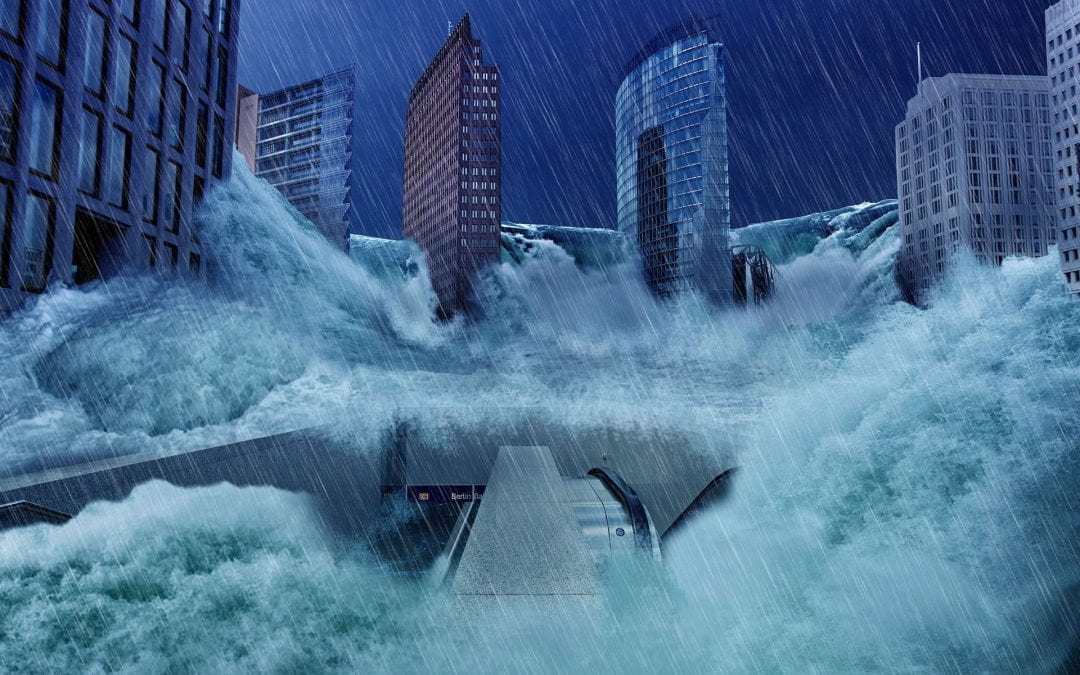When: Thursday 23 Feb, 12-1pm
Where: OGGB Case Room 4 (260-009), Business School, 12 Grafton Road
While many individuals report being concerned with climate change, they tend to perceive the problem as being spatially and temporally distant, affecting others in faraway places and posing a limited risk to themselves (Leiserowitz et al. 2006; Leviston et al. 2014; Tvinnereim et al. 2020). In addition to a range of cognitive biases that encourage individuals to underestimate the risks of a warming planet (Gifford, 2011; Weber, 2010; Kahan et al. 2012) substantial time lags in the carbon cycle obscure people’s capacity to detect signals associated with human-caused climate change (Ricke et al. 2014; Zickfeld et al. 2015). In response, scholars and practitioners working to raise awareness and better engage the public on climate change risks have suggested emphasizing local and concrete impacts (Weber, 2006; Scannell and Gifford, 2013). However, the empirical record of such personalized risk communication strategies has yielded mixed results. Here, we show that AI-generated images can increase public engagement with climate change. Drawing on results from an exploratory pilot conducted in the province of Quebec (Study 1) and a pre-registered experiment (Study 2) administered to large-n samples in Canada (n=1616) and the United States (n=2565), we show that exposure to AI-generated images of a person’s flooded home increases perceived harm from climate change and flooding and promotes greater behavioural intentions to engage in mitigation and adaptation behaviours. We also find evidence of negative emotional responses to AI-generated imagery (i.e. fear and worry). Some of these effects last for longer than three weeks. Our results suggest that AI generated imagery offers climate change communicators unique opportunities to help members of the public visualize possible climate change impacts close to home in ways that might encourage greater public engagement with climate change.
 Erick Lachapelle is Professor of Political Science at the Université de Montréal and the principal investigator for the Canadian Surveys on Energy and the Environment (CSEE). His research examines the social and political responses to climate change, with a focus on the cultural, psychological, and political factors shaping public policy and public opinion. His research has appeared in such journals as the Climate Policy, Environmental Politics, PLOS One, Nature Climate Change, and the Policy Studies Journal.
Erick Lachapelle is Professor of Political Science at the Université de Montréal and the principal investigator for the Canadian Surveys on Energy and the Environment (CSEE). His research examines the social and political responses to climate change, with a focus on the cultural, psychological, and political factors shaping public policy and public opinion. His research has appeared in such journals as the Climate Policy, Environmental Politics, PLOS One, Nature Climate Change, and the Policy Studies Journal.

